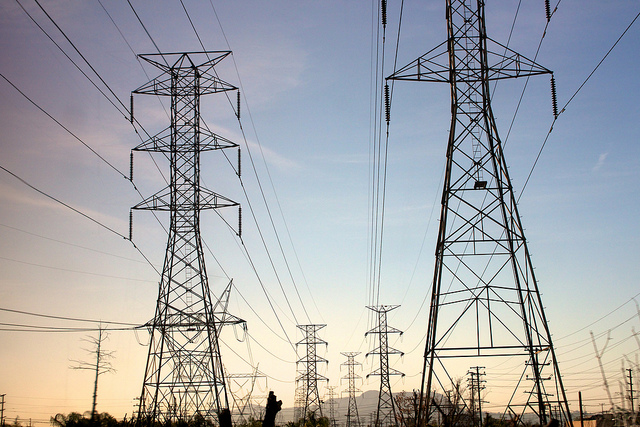By Suzanne King
Sunflower State Journal
Large electricity customers, such as public school districts and hospitals, would be on the hook for only about $3.5 million in additional fees going back to 2016, compared to the $24 million originally proposed, under a settlement agreement reached this week.
The settlement involves how Evergy, the electric utility created when Westar Energy and KCP&L merged, allocates a “transmission delivery charge,” which is passed through to customers.
Kansas Corporation Commission staff argued that residential customers had been asked to pay too much of the transmission delivery charge on past bills, while larger commercial customers, including schools, large retailers and industrial customers, had been getting off easy.
Staff proposed rectifying the situation by giving residential customers a refund of $23.9 million while charging commercial customers an additional amount to offset the refund.
But the customers facing those additional charges for bills that had been paid from 2016 to 2018 protested that the staff’s plan constituted illegal back-billing.
The KCC heard oral arguments in the case Tuesday and is expected to rule on the question of whether a retroactive bill is allowed.
The ruling will determine whether the settlement can go forward. If the KCC finds that any retroactive billing is illegal, the settlement will be thrown out.
The proposed settlement, which is not unanimous among parties in the case, calls for residential customers to get a total refund in transmission delivery charges of $3.5 million, substantially less than what staff had proposed.
The refund would come in the form of a credit on transmission delivery charges levied in 2020, 2021 and 2022. Meanwhile, commercial customers would see additional charges totaling the same amount during the same period.
Parties who agreed to the settlement, including the Citizens’ Utility Ratepayer Board, HollyFrontier El Dorado Refining LLC and Wichita Public Schools, stipulated that it was an effort to avoid future legal costs, not an agreement with the staff’s proposal.
But one of the major parties in the case, the Kansas Industrial Consumers Group, did not agree to the settlement, contending that any change to past transmission delivery charges that had already been paid should be out of bounds.
“KIC remains steadfast in its belief that ‘backbilling’ is not consistent with Kansas law and is also bad public policy for Kansas,” James P. Zakoura, an Overland Park attorney who serves as president of the KIC, said in a statement.
“We are hopeful that the KCC agrees that consumers cannot now be charged more for electricity, that has been used and paid for, over 3 years ago.”
As part of the settlement agreement, the agency would agree that any transmission delivery charge approved after 2019 would have to be prospective. In other words, transmission fees may not be changed retroactively.













